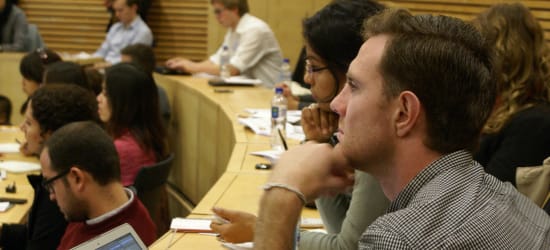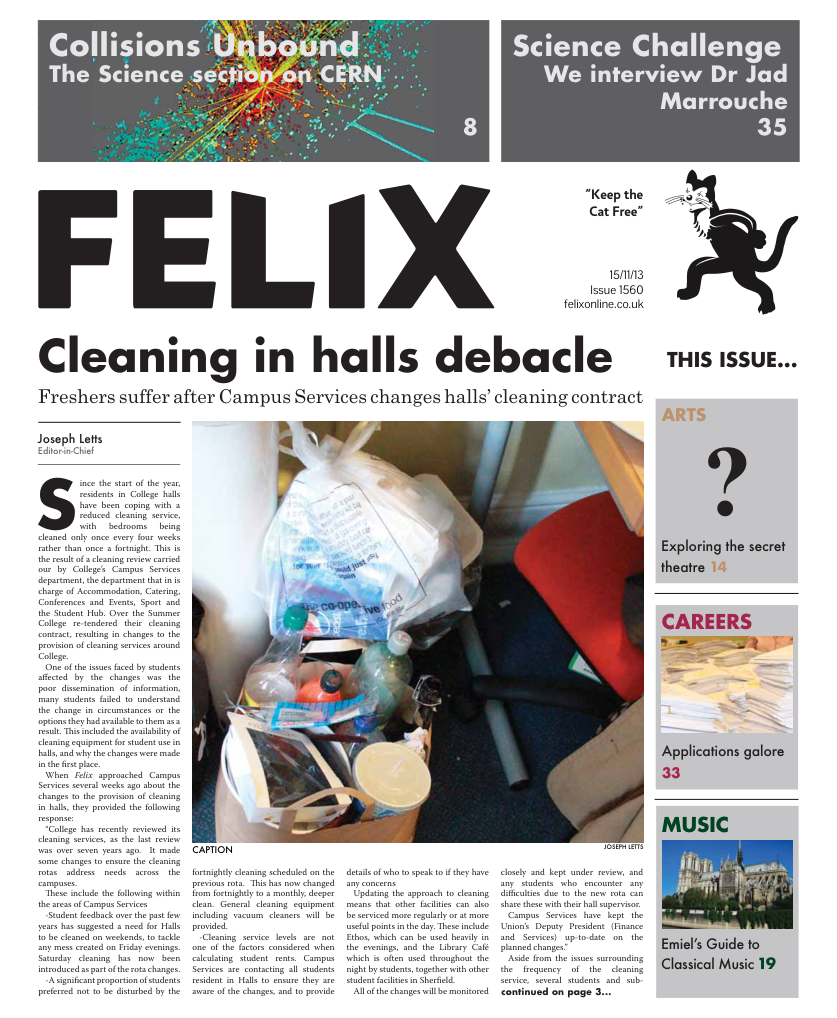CRTALT/CHANGEing the world
Fostering social change through technology

There is no doubt that technological advancements over the past few decades have had immense impact on our society. Those of us living comfortable lives in developed countries celebrate the latest gadgets and how they have made our lives even simpler. But meanwhile, there are still many people out there who are struggling to gain access to clean water, affordable healthcare and basic education. Why has modern technology overlooked them?
According to recent studies by NGOs and social enterprises, over 2 billion people in the developing world lack access to basic information and communication technologies (NoPC). More than 72 million children around the world remain unschooled (Humanium) and over 1 billion people rely on unsafe sources of water (UN). If we can use technology to better our already comfortable lives, we certainly can do more using technology to make a difference to the lives of the less fortunate.
The rise of modern technology has made production costs lower, administering healthcare treatments easier and dissemination of information quicker. This makes technology one of the key components in accelerating social changes, by enabling people to do more and give more. Many individuals and organisations have seen the potential in transforming the social sector through technology, and have been actively coming up with technological solutions that promise to alleviate pressing social problems. Take for example, PEEK, a London-based group, who are making high quality eye care portable, cost effective and intuitive in developing countries possible through the use of smart-phone cameras. Not only are smartphones portable and cost-effective, its simplicity in usage empowers more health workers to diagnose eye diseases and manage such treatments anywhere in the world. With 285 million visually impaired people worldwide, PEEK presents a much-needed alternative to high cost diagnostic tests that are available mostly in high-income countries.
The pervasiveness of social networks in today’s world also presents great opportunities to raise awareness about social issues. In this aspect, Thunderclap helps causes amplify their messages by pushing a timed social media post from all their supporters. Individuals and organisations can now reach out to larger audiences with greater ease and efficiency, by leveraging the power of social connections on the web.
Ultimately, bringing about social change through technology is not about using the most advanced gadgets, but applying existing ones to support and direct them. If you have yet to notice, the common ground between the examples above and many others is that only existing technology are used, with slight modifications to address the problems directly. We should keep in mind that inventing new technology doesn’t help to solve social issues - applying them does.
If you would like to be further inspired by how technology can be used to create social change and empower people to do more social good, come along to CtrlAlt/Change 2013 right here at Imperial College London on 30th November. From a series of exciting talks, interactive workshops, panel discussion and an “Ideathon”, CtrlAlt/Change 2013 aims to celebrate technology projects with social impacts and champion new ones.
Early-bird tickets are now on sale for only £8 till 16th November! For more details, please visit www.ctrlaltchange.org









